
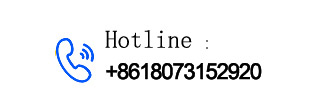
— Blogs —
—Products—
 Consumer hotline +8618073152920
Consumer hotline +8618073152920 WhatsApp:+8615367865107
Address:Room 102, District D, Houhu Industrial Park, Yuelu District, Changsha City, Hunan Province, China
Technical Support
Time:2023-09-14 11:25:20 Popularity:2006
Weather Station for Agriculture Introduction:
Weather Station for Agriculture is a device designed to collect, record and analyse agro-meteorological data. It provides farmers and agricultural managers with important meteorological information to help them make scientific decisions and take appropriate agricultural management measures. However, agrometeorological stations may also encounter some common failures. This article will introduce the common failures, maintenance techniques and installation requirements of agrometeorological stations to help users better maintain and manage agrometeorological stations.
I. Common failures of agrometeorological stations:
1. Sensor failure: the sensor is one of the most important components in the agrometeorological station. Common sensor failures include increased error, inaccurate measurements or complete sensor failure.
2. Data transmission failures: Agrometeorological stations usually need to transmit data to a central data processing system either wirelessly or by wired means. Failure of data transmission may result in loss of data or delay in transmission.
3. Power problems: Agrometeorological stations are dependent on a power supply, and problems with the power supply may result in the equipment not functioning properly or data collection being interrupted.
4. Failure of protection: Agrometeorological stations are often required to be used in outdoor environments where they are exposed to sunlight, rain and wind for long periods of time. If the protective measures fail, the equipment may be damaged.
II. Maintenance tips for Agricultural Weather Station:
1. Regular calibration of sensors: Regular calibration of sensors is a critical step in ensuring the accuracy of measurements made by an agrometeorological station. Use a professional calibration tool for calibration according to the guidelines provided by the manufacturer.
2. Check the data transmission connection: Check the data transmission connection regularly to ensure that the transmission line is well connected and to eliminate problems such as loose connection or short circuit of the line.
3. Do power management: Monitor the power supply to ensure that the power supply is stable and replace the batteries in time. At the same time, avoid placing the device in an overheated or humid environment.
4. Maintain protective measures: Clean the surface of the equipment regularly and check the condition of protective measures such as waterproof seals and sun shields to ensure their effectiveness.
III. Installation requirements of Agriculture Weather Station:
1. Location Selection: The influence of the surrounding environment on meteorological data collection should be considered when choosing the installation location. Keep away from buildings, trees and other sheltering objects, and try to avoid direct sunlight.
2. Firm Installation: Ensure that the agrometeorological station is firmly installed so as to avoid tipping or damaging the equipment due to wind or other external forces.
3. Reasonable wiring: Arrange the data transmission lines reasonably according to the actual needs and avoid overlapping and overstretching.
4. Regular inspection: Check the functions and connection status of the agrometeorological station on a regular basis, find out the problems in time and repair or replace the faulty parts.
Conclusion:
Weather Station for Agriculture provides farmers and agricultural managers with important weather data to help them make scientific decisions. However, common failures such as sensor failures, data transmission failures, power supply issues, and protection failures may occur during use. By regularly calibrating sensors, checking data transmission connections, managing power supply and maintaining protective measures, agrometeorological stations can be effectively maintained and managed to ensure proper operation and accurate data collection. At the same time, choosing a suitable location, solid installation, reasonable wiring and regular inspection during installation are also important requirements to ensure the normal operation of agrometeorological stations.
Weather-Stations-Catalog-NiuBoL-2024.pdf
Prev:Soil pH Sensor Troubleshooting, Repair Tips and Installation Requirements
Next:Tips and considerations for choosing an automatic weather station manufacturer
Related recommendations
Sensors & Weather Stations Catalog
Agriculture Sensors and Weather Stations Catalog-NiuBoL.pdf
Weather Stations Catalog-NiuBoL.pdf
Related products
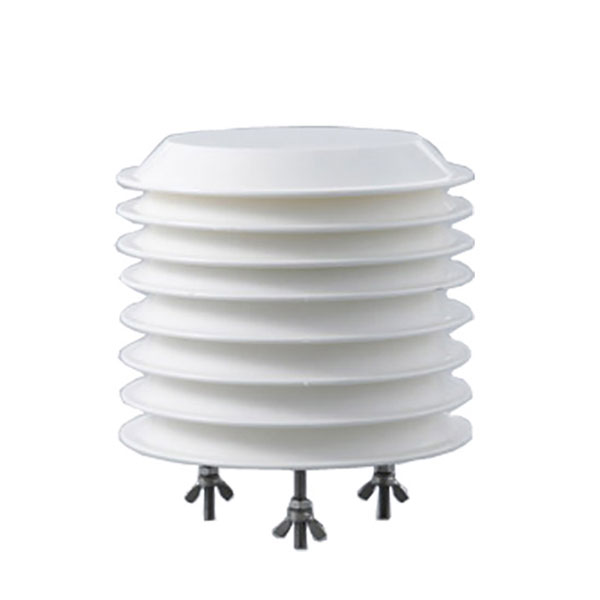 Combined air temperature and relative humidity sensor
Combined air temperature and relative humidity sensor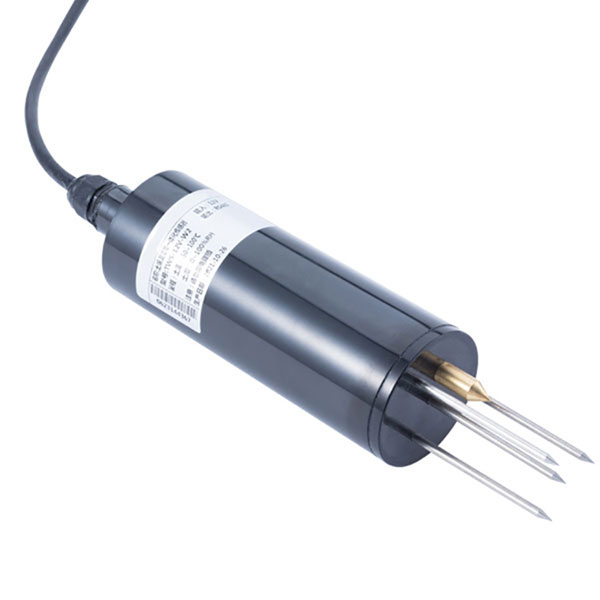 Soil Moisture Temperature sensor for irrigation
Soil Moisture Temperature sensor for irrigation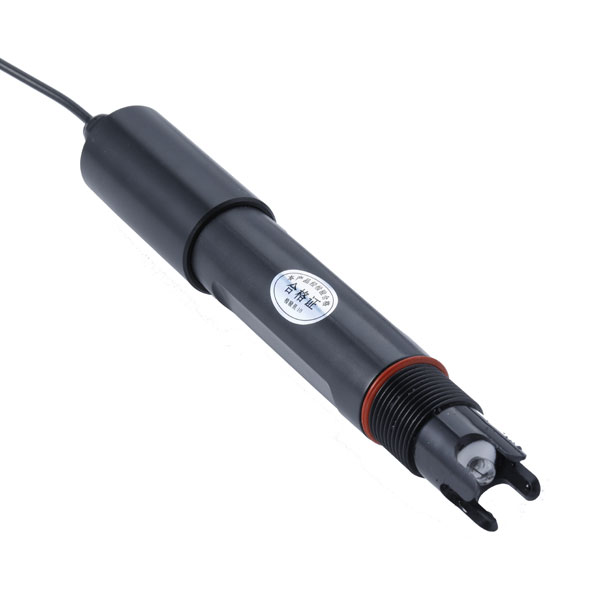 Soil pH sensor RS485 soil Testing instrument soil ph meter for agriculture
Soil pH sensor RS485 soil Testing instrument soil ph meter for agriculture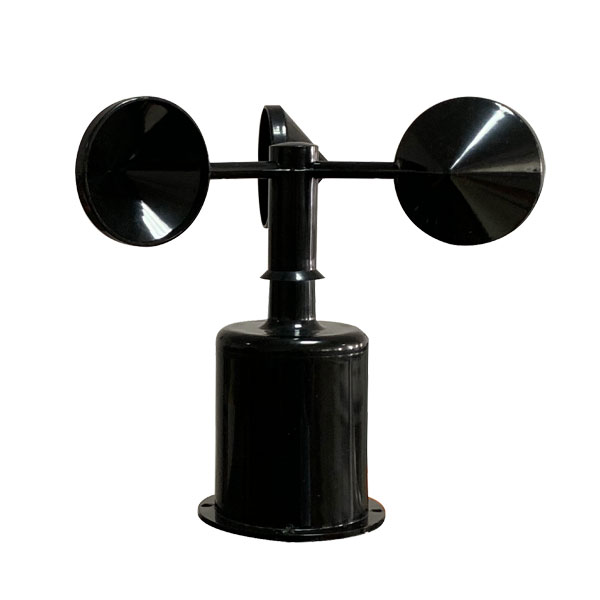 Wind Speed sensor Output Modbus/RS485/Analog/0-5V/4-20mA
Wind Speed sensor Output Modbus/RS485/Analog/0-5V/4-20mA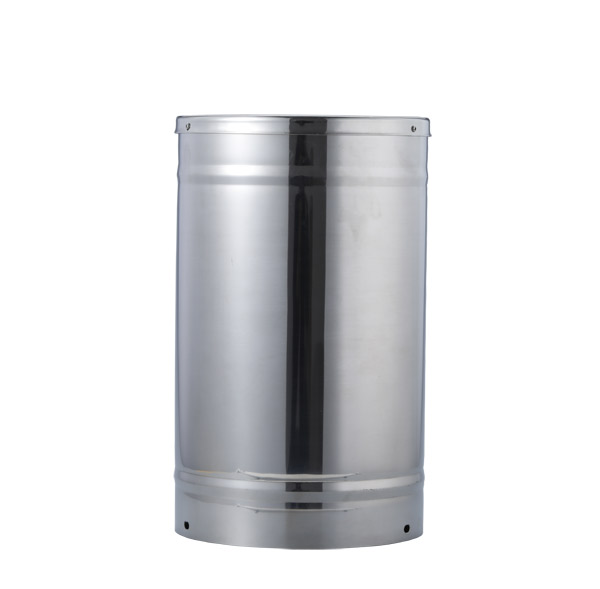 Tipping bucket rain gauge for weather monitoring auto rainfall sensor RS485/Outdoor/stainless steel
Tipping bucket rain gauge for weather monitoring auto rainfall sensor RS485/Outdoor/stainless steel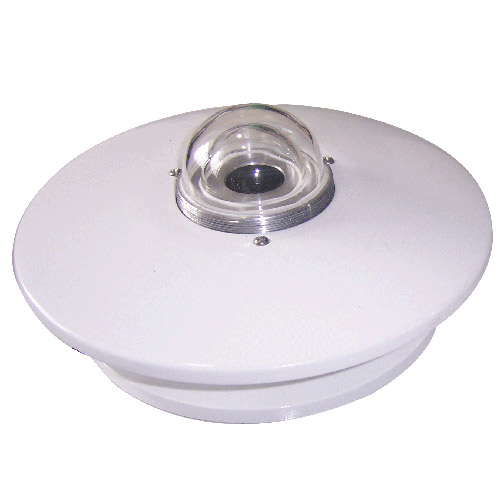 Pyranometer Solar Radiation Sensor 4-20mA/RS485
Pyranometer Solar Radiation Sensor 4-20mA/RS485
Screenshot, WhatsApp to identify the QR code
WhatsApp number:+8615367865107
(Click on WhatsApp to copy and add friends)
